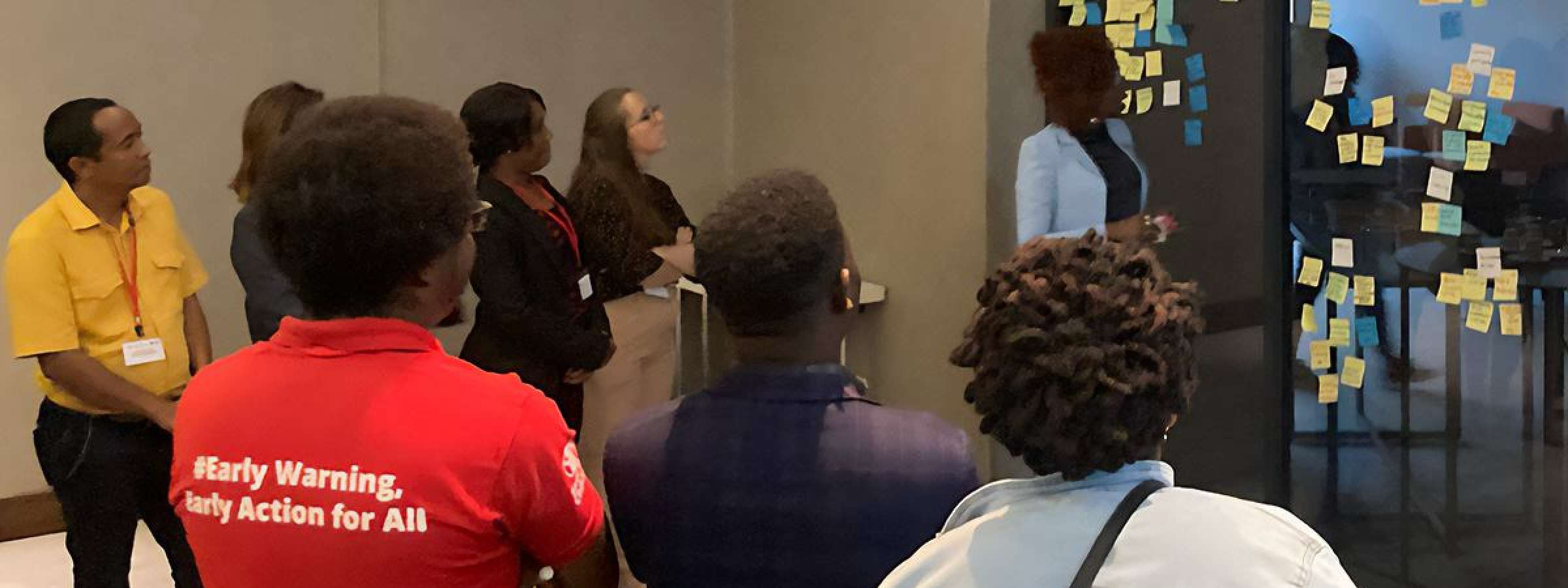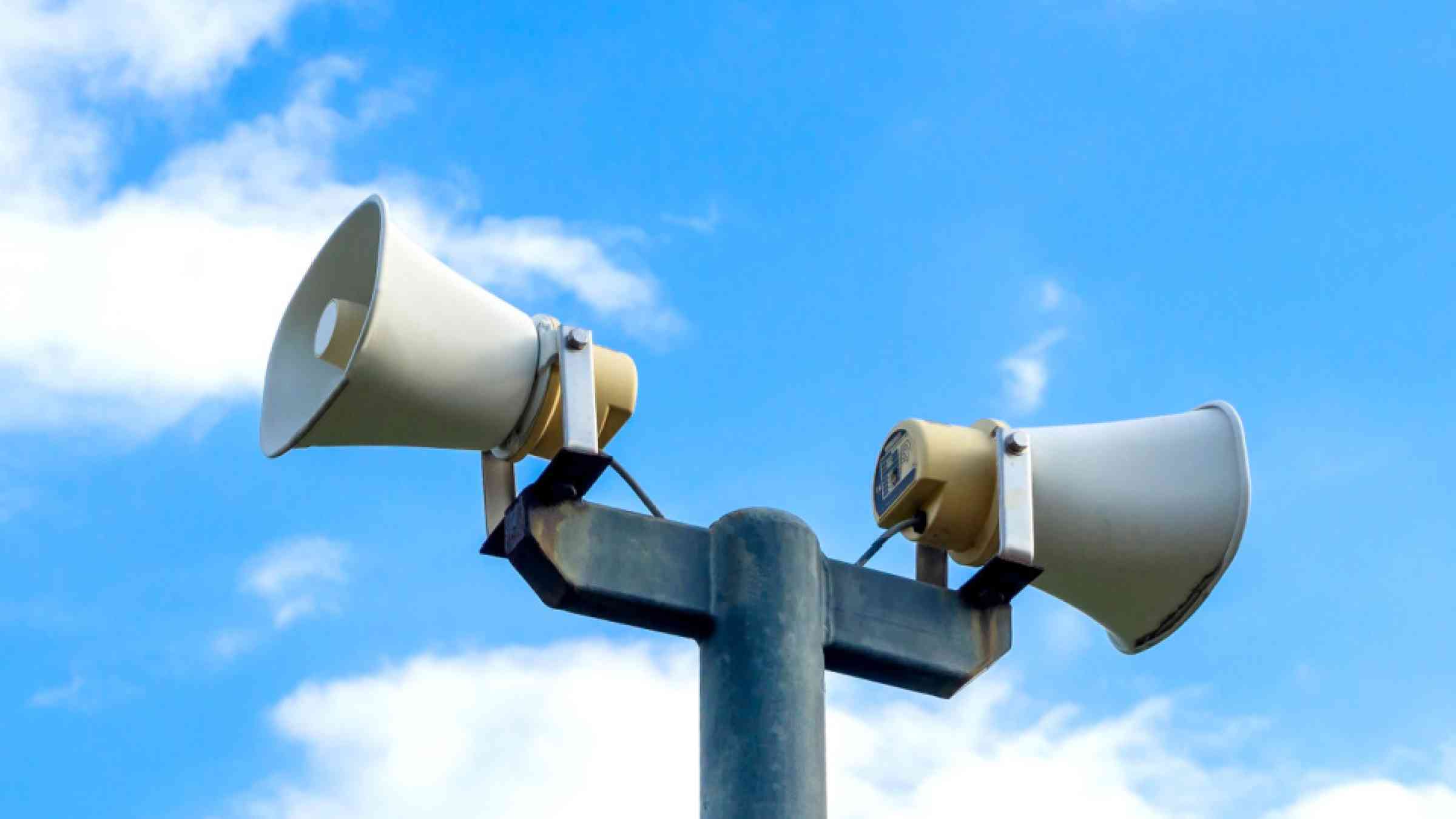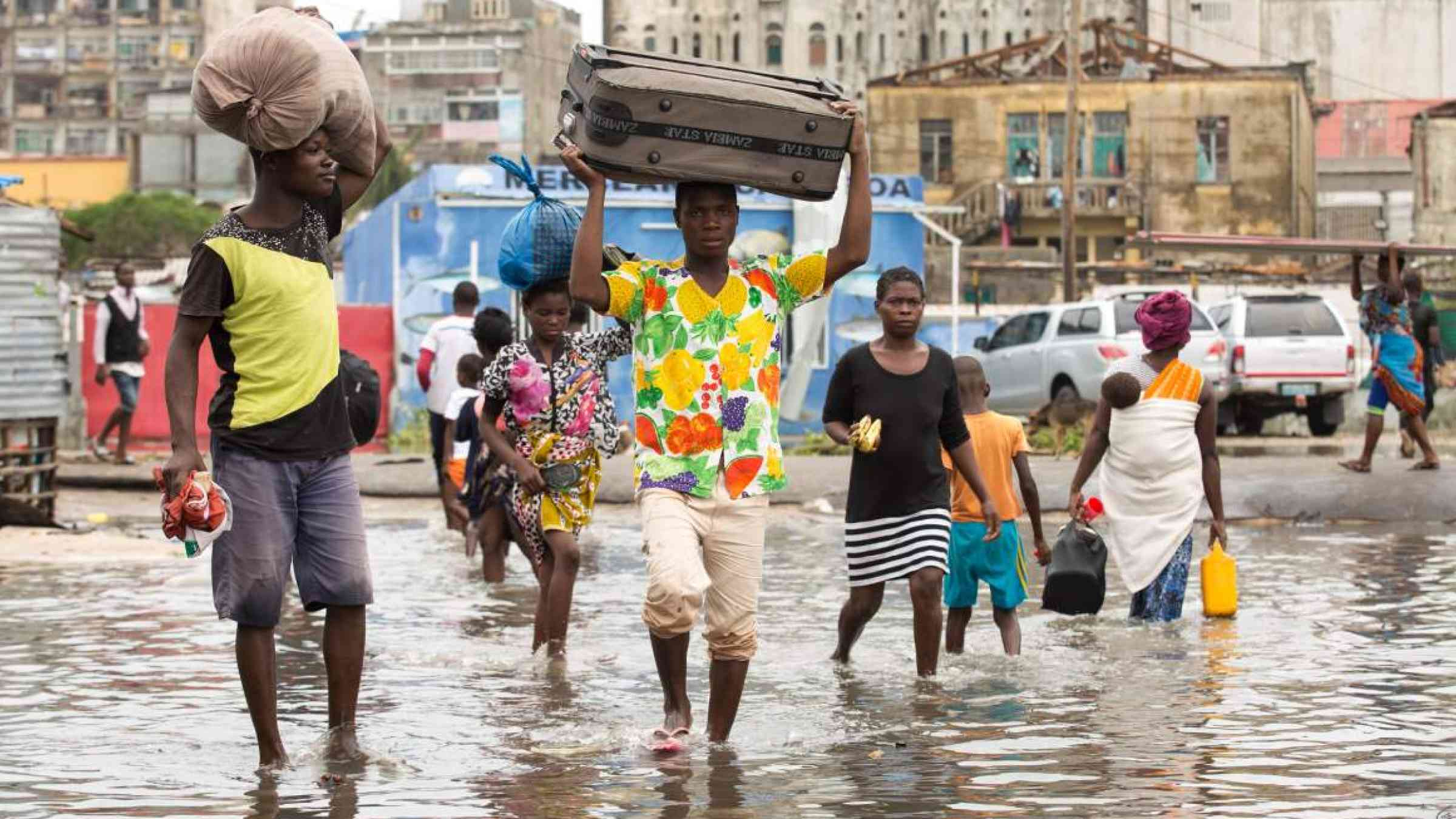Cyclone Freddy puts Mozambique’s early warning system to the test
Thanks to anticipatory action and investment in early warning systems by the Government of Mozambique with support of the United Nations, the number of deaths and people displaced by Cyclone Freddy is lower than in past comparable cyclones.
By United Nations Office for Disaster Risk Reduction - Regional Office for Africa; United Nations Mozambique
Image: UNFPA/ Mbuto Machili

MAPUTO, Mozambique - Days before Cyclone Freddy struck Mozambique on 24 February 2023 for the first time, community radios, car-mounted megaphones and authorities across the country warned residents to move to shelters on higher ground. When Cyclone Freddy made landfall, the population was prepared, relocated to safe areas and with stock of food and water.
“I heard from the radio we needed to prepare for the cyclone and local authorities also came around my village to alert me of the imminent danger”, said 35-year-old Ana Momade from Morrumbala District, Zambezia Province, one of the areas most affected by Cyclone Freddy.
“I have lost everything, only a standing wall remains from my house," she continued.
She avoided physical harm thanks to a community-based early warning system that instructed her to seek shelter at a local school.
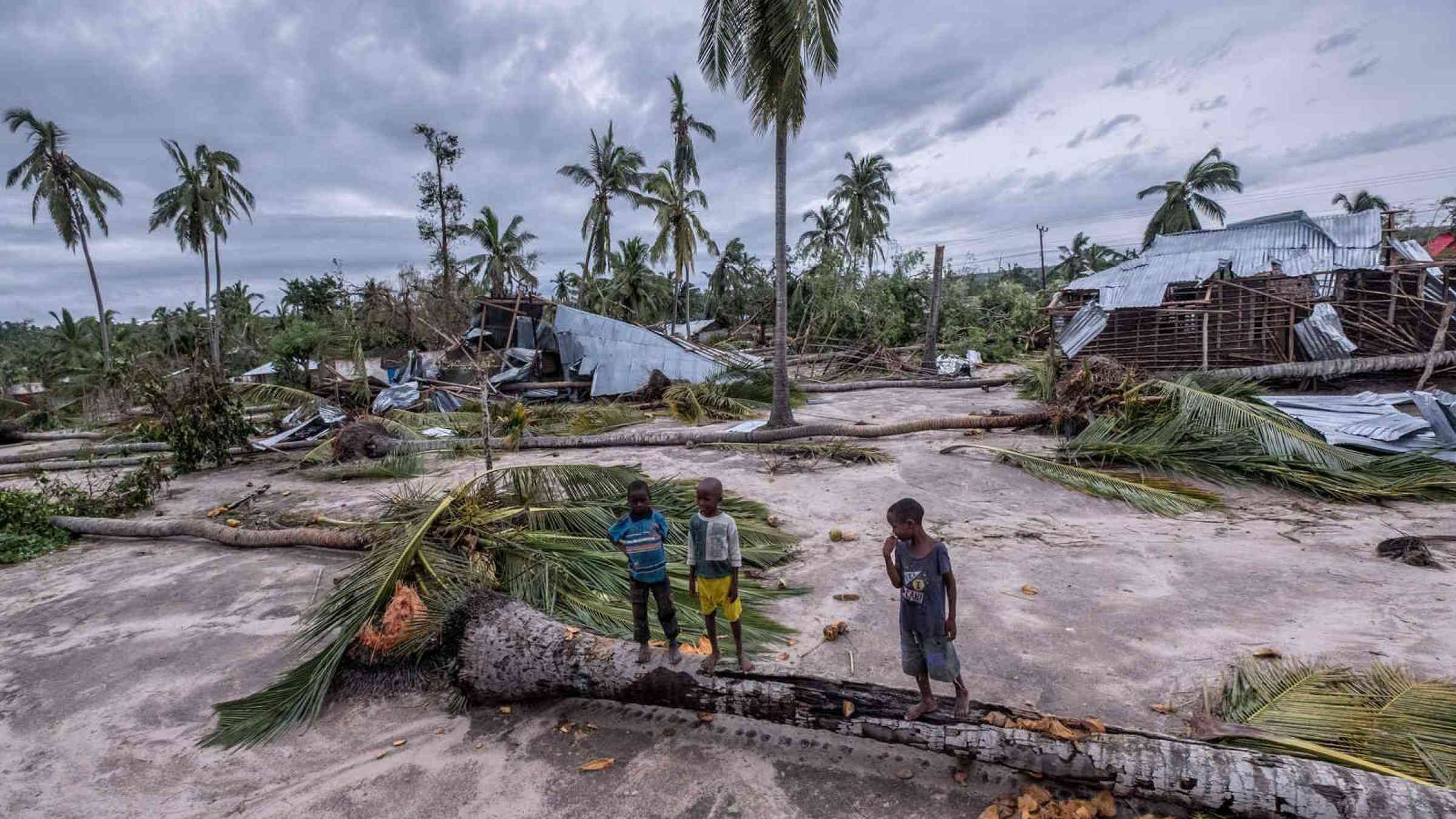
Tracking Cyclone Freddy's passage
Freddy was one of the strongest cyclones on record in the southern hemisphere and may be the longest-lasting tropical cyclone, according to the World Meteorological Organization (WMO). It hit central Mozambique twice, ripping off roofs from buildings and causing widespread flooding around Zambezia Province, before moving inland towards Malawi with torrential rains that caused landslides.
However the damage inflicted could have been much worse. Early warnings enabled many in the cyclone’s path to take action to protect themselves and their possessions.
“Extreme weather events do not have to become disasters.”
Mozambican President Filipe Nyusi commemorating International Day for Disaster Risk Reduction. Maputo, October 2022.
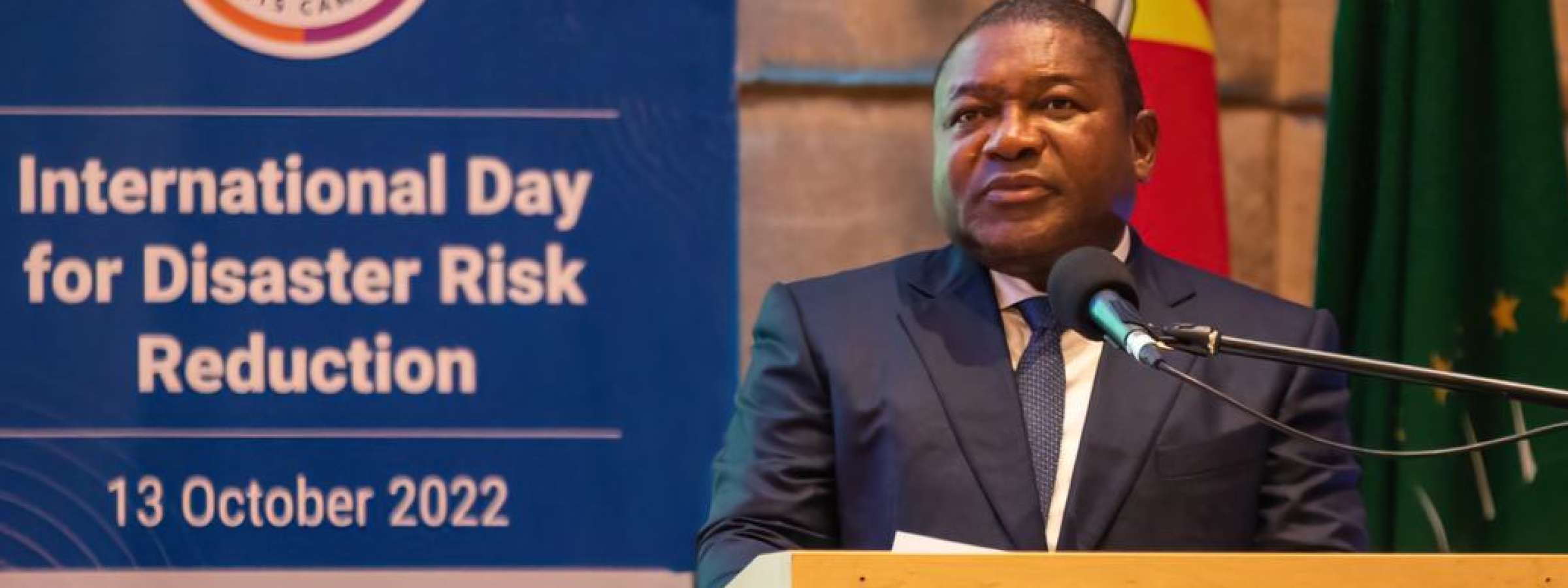
With support from the United Nations, the country is developing a robust early warning system to protect its people and the hard-won development gains. It is based on community action, new technologies and infrastructure, as well as emergency preparedness and response. The two government agencies leading this work are Mozambique’s National Institute for Disaster Risk Management and Reduction (INGD) and the National Institute of Meteorology (INAM).
Information through technology
Under the leadership of the UN Resident Coordinator and Humanitarian Coordinator for Mozambique, Myrta Kaulard, several UN agencies went to all affected provinces in the immediate aftermath of Cyclone Freddy to support INGD by conducting impact assessments and delivering humanitarian assistance, including logistics, food, shelter, and water purification tablets.
"While we stand in solidarity with the Mozambican people, we celebrate the successful preparedness that led to a very low loss of life compared to what happened four years ago with Cyclone Idai; a remarkable achievement," Ms Kaulard said.
The World Food Programme (WFP), which has been supporting the INGD through capacity strengthening and technical and financial support, mobilized drones for the emergency response.
“Together we use drones for mapping risk areas, assessing disasters’ impact, identifying safe areas and evacuation routes, and even in search and rescue operations”, said Francesco Stompanato, Head of the Research, Assessments and Monitoring WFP.
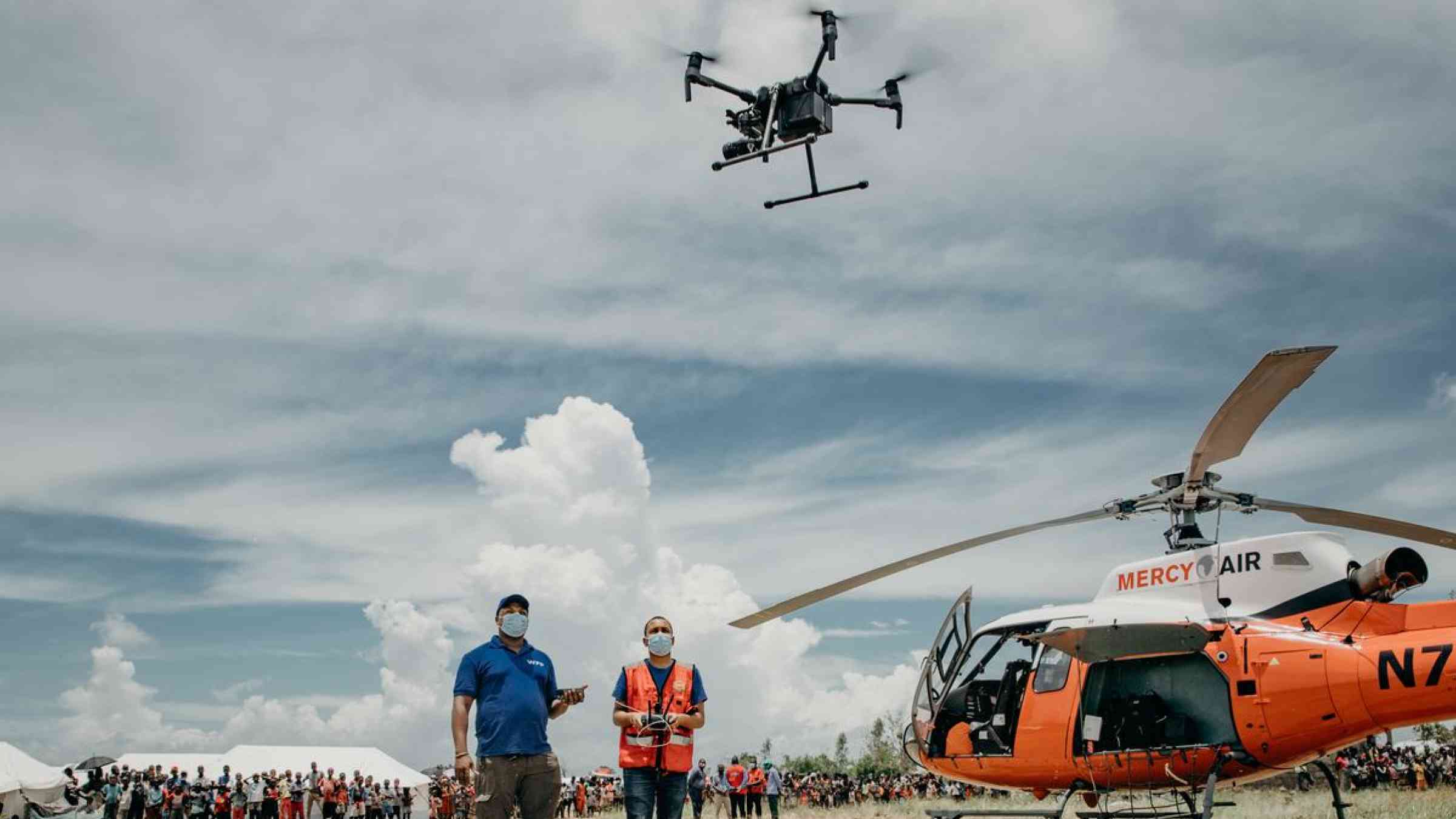
With the use of deep learning and artificial intelligence algorithms, the areas covered by search and rescue operations in the first hours after a disaster strikes can be extended with a minimum cost”, Mr Stompanato explained.
In 2021, WFP and INGD collaborated to map risk areas and escape routes along the Buzi River basin in the central province of Sofala, collating information gathered via drones with local knowledge of the communities.
The escape routes and safe gathering areas defined during the mapping exercise were put to use by local communities along the Buzi basin when Cyclone Freddy caused flooding, INDG reported.
''One district, one meteorological station”
As part of the government’s ''one district, one meteorological station'' campaign, a new meteorological radar was inaugurated by President Filipe Nyusi in the city of Beira in April 2023, one of the most affected by Cyclone Idai in 2019. The campaign aims to strengthen, modernize and expand the country's weather forecasting capacity.
In partnership with the African Development Bank (AfDB), WMO and INAM, the construction of the radar represents an important contribution to the commitment to implement Mozambique’s Master Plan for Disaster Risk Reduction 2021-2030.
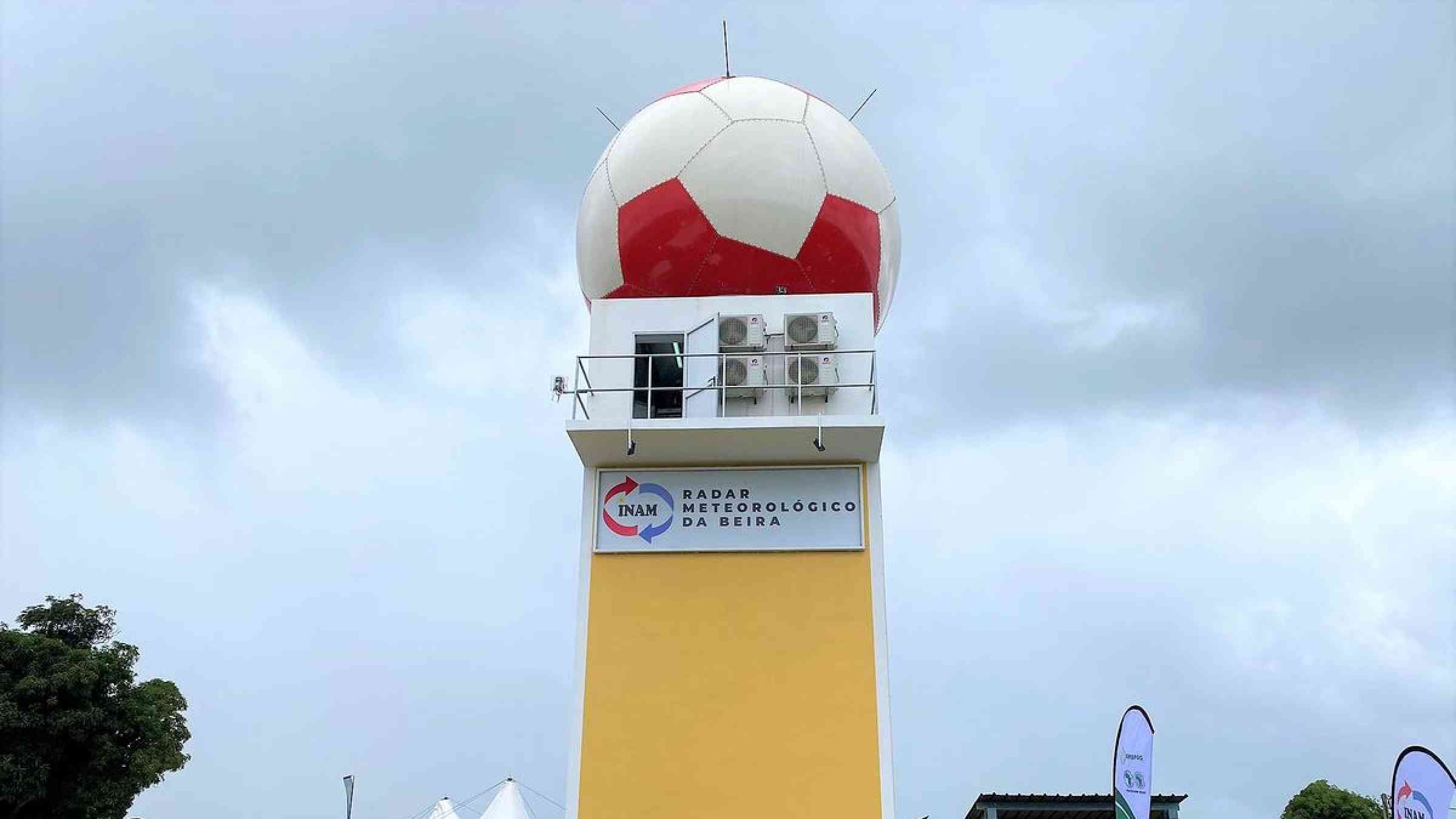
The radar installation is in line with the Sendai Framework for Disaster Risk Reduction 2015-2030, in particular Target 7 – to substantially increase the availability and access to early warning systems for various hazards and risk information and assessments of disasters for the population by 2030.
At a regional level, the radar reflects the Southern African Development Community (SADC) Member States’ commitment to ensure that all citizens, in particular the most vulnerable communities, are covered by effective early warning and early action systems. SADC Ministers responsible for Hydrometeorological Services and Disaster Risk Reduction and Management made this commitment in Maputo in September 2022, adopting the “Maputo Declaration on Bridging the Gap between Early Warning and Early Action.”
Community-based disaster risk management
Composed of volunteer community members, the Local Disaster Risk Management and Reduction Committees (CLGRD) are the operational arm of the INGD and serve as a base for the country’s early warning systems. Around 1,500 local committees are established across the country.
With support from the United Nations Development Programme (UNDP), volunteers across the country are trained on disaster risk reduction and climate change adaptation, to better identify existing threats locally, and design and implement prevention, preparedness and response activities.
In collaboration with the communities and local governments, the committee members are responsible for the creation of action plans based on the history of climate events in the area, prevention, readiness and mitigation plans, resource maps and risk maps.
Evacuation drill in Mozambique
Each committee member is assigned a role, with one member responsible for monitoring local radio for early warning messages. Equipped with information of an imminent extreme climate event, the local committee is activated. Following the action plan, local committee members sensitize the community to move to previously identified safe areas and temporary accommodation centres.
Annual simulation exercises are carried by INGD provincial delegations to assess the committees' level of readiness.
The vital voice of community radio
“When disasters like cyclones strike, communication is vital,” said Alexandre dos Santos, technician and radio announcer at Chokwe-Kendlemuka community radio, in Gaza Province.
Mr dos Santos is one of the radio announcers who convey early warning messages in local languages in each district. Supported by the United Nations Human Settlements Programme (UN-Habitat), his radio announcements activated the local committee – and as a result some 500 people took early action to leave disaster-prone areas for the local emergency shelter.
In Mozambique, community radio stations play an essential role as amplifiers of public service information, reaching the most vulnerable groups including women, children and persons with disabilities.
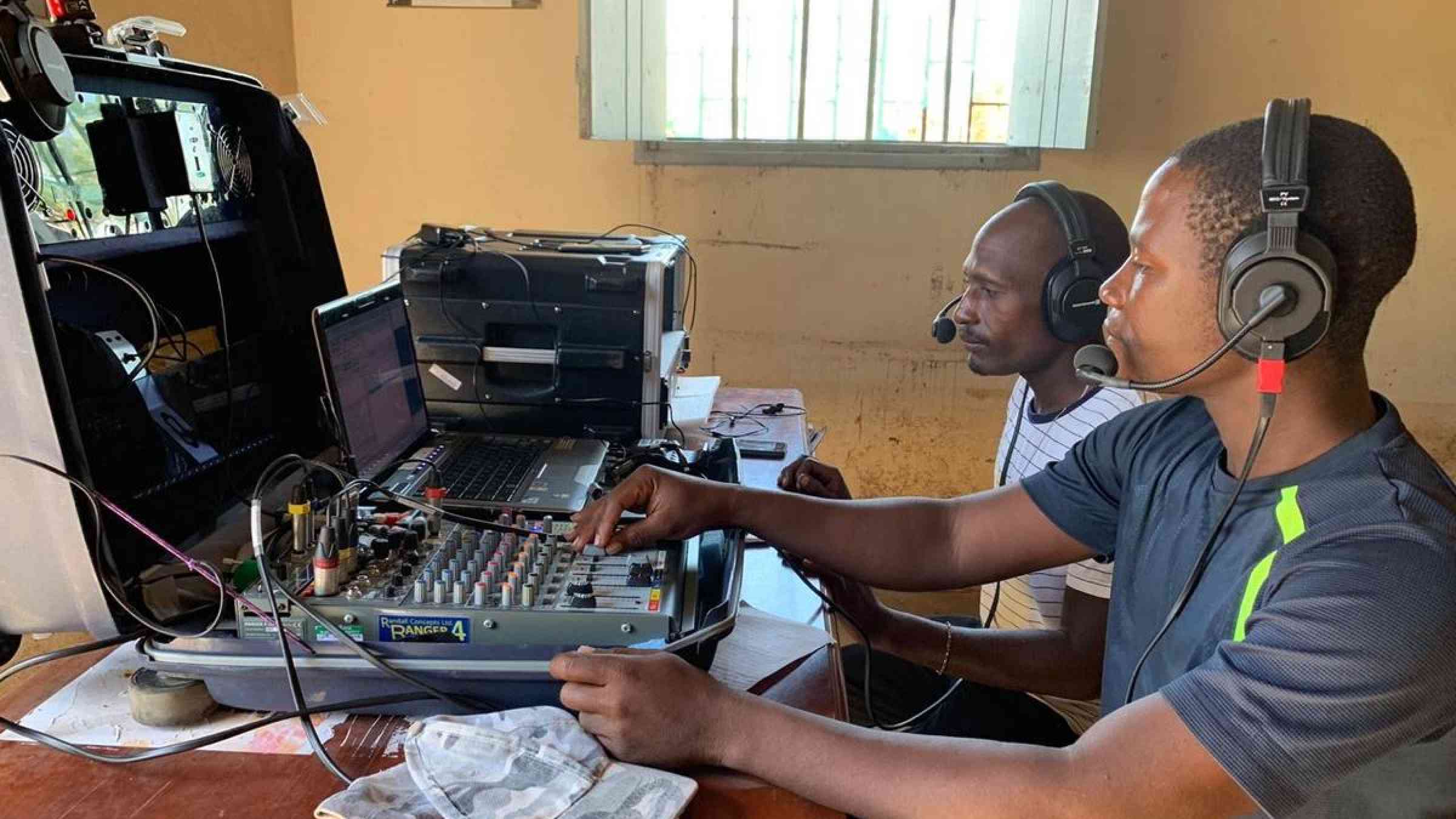
Radio messages offer advice on how to prepare for future cyclones, alert the population of an impending storm, spread knowledge about how to avoid cholera and malaria in the aftermath of a cyclone, and reunite separated families and friends.
Community-based disaster risk management, strengthened with technologies and risk information, provides Mozambiquans with the ability to anticipate storms, heatwaves, floods and droughts.
Early Warnings for All initiative
Mozambique is amongst the initial 30 countries included in the Early Warnings for All initiative (EW4All), launched in November 2022 by UN Secretary-General Antonio Guterres at the COP27 meeting in Sharm El-Sheikh. The initiative calls for all people worldwide to be covered by an early warning system by the end of 2027.
Co-led by WMO and UNDRR, EW4ALL brings together UN expertise to inject the political, technological and financial means to ensure that multi-hazard early-warning systems become a reality for everyone, everywhere.
The United Nations is harnessing the energy and resources from all 25 UN agencies active in Mozambique, providing targeted, cross-sectoral support to the government to further strengthen ties between early warning and early action. In support of Mozambican national priorities, natural resources and climate resilience are one of the strategic pillars of the UN Sustainable Development Cooperation Framework for Mozambique (2022-2026).
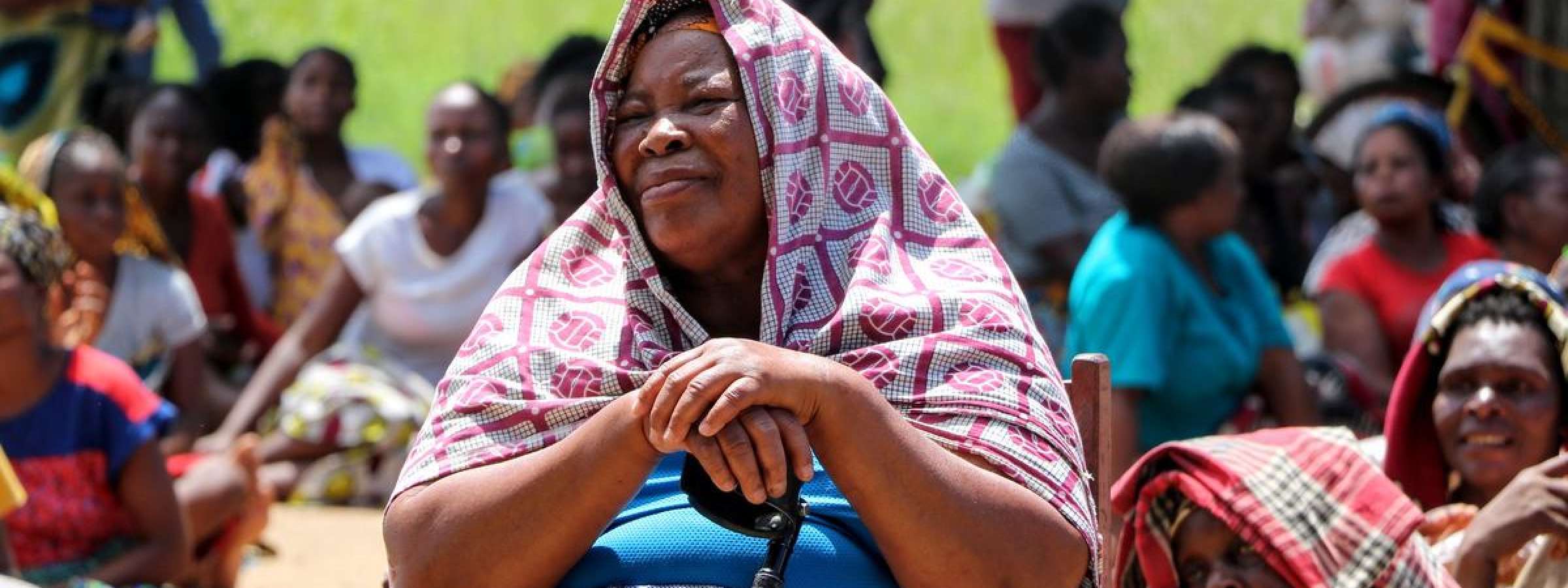
Lessons learnt for stronger early warning systems
Between 27 and 31 May 2023, UNDRR convened a workshop bringing together partners and experts to examine how disaster preparedness can be enhanced in the Southern Africa and Indian Ocean region, funded by the European Union.
Participants shared good practices and lessons learned from past events, with a focus on water-related events and extreme weather – including Cyclone Freddy – in order to capitalize on their experiences and varied approaches. They discussed how risk information could be effectively fostered and shared at the regional level; and sought ways to strengthen the available networks, mechanisms, and tools that support regional and international coordination and cooperation in disaster risk reduction.
By studying the good practices and the challenges faced in past disaster events on a regional scale – involving multiple countries facing common trans-boundary disasters – and exchanging experiences and ideas, the region can strengthen its preparedness and make “early warnings for all” a reality.
